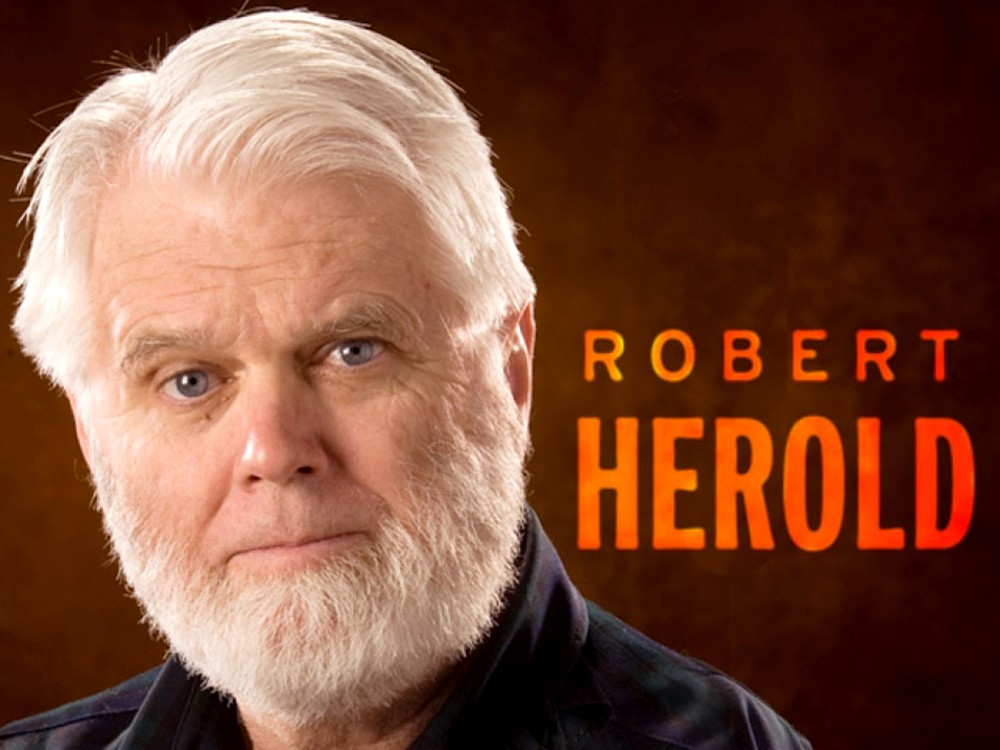Daniel Walters, in his Inlander article "The Incredible Shrinking Mall" (3/20/14) draws attention to a nationwide trend: Malls generally aren't doing well, especially malls that are home to anchor stores catering to the middle class.
Our own NorthTown Mall is an archetypal '60s/'70s aging mall. Yet NorthTown is different from many malls of that era. A decade ago, when Al French served on the Spokane Plan Commission, he observed: "NorthTown is surrounded by rooftops," meaning neighborhoods. So unlike most suburban malls, out by the freeway interchange, NorthTown could be construed to support the intent of the Spokane Comprehensive Land Use Plan and its "Centers and Corridors" strategy. Theoretically, it should continue to do all right, assuming that its middle-class clientele remains intact. But as reported in the Inlander, NorthTown is planning to shrink its overall footprint.
What happened? Is it just getting too old? Is online buying killing the mall? Are kids finding other ways to spend their time? Or is it all this plus something else?
The Spokesman-Review's Shawn Vestal indirectly answered the question in a recent column. He reports that poverty in Spokane, historically greater on the north side of town, has worsened over the past decade by an astounding 21 percent rise in poverty markers. What in the year 2000 represented Spokane's middle class has become, today, the lower middle class. And what was then lower middle class has drifted downward to poverty. We refer to this as the expanding hole in the donut.
Inequality has been on the rise in America for several decades. One ranking has the United States fourth worst in the entire world. Paradoxically, this has come at the same time that U.S. worker production per capita is at an all-time high; yet at the same time, national GDP growth remains under 3 percent per year.
Notably, the U.S. actually looks good by comparison. Our "peer countries" are doing considerably worse: The United Kingdom: .01 percent growth in GDP; Germany: .07 percent; Canada: 1.7 percent; France is flat; Italy's GDP is shrinking by 2.5 percent a year. Nor does it seem to matter whether conservatives or liberals are running the country. Center-right parties control governments in the UK, Germany and Canada — and it makes no difference. To get to higher numbers, you have to get outside "the West." Iraq, for example, reports 8.4 percent growth — but a lot of good it's doing us.
So worker effort is up, yet GDP is slow or down, and to no one's surprise unemployment reflects these numbers. All this necessarily makes the question of wealth distribution all the more important, if for no other reason than the pie isn't growing commensurate with employment and our quality-of-life needs. We seem to have backed into Romneyworld — where it's right and fair that much more goes to far fewer, while many more are working harder for much less.
The result? The middle class shrinks. And even if we had an expanding pie, there would be no guarantee we'd get the desired effect anyway. In today's conservative world, "inequality" has come to be viewed as a kind of birthright — almost a moral imperative. It's Calvinism on steroids.
I discussed all this with John Allen, the proprietor of Spokane's very popular wine shop, Vino! Allen had been wondering if his patrons' buying patterns mirrored what we're seeing in the malls. Allen has managed, through sheer energy and imagination, to successfully navigate 9/11, the recession that began in 2008 and even the arrival of Total Wine. For this new challenge, he decided to run a kind of test at his next wine tasting. He offered more high-end wine along with his usual mid-cost wines and — for the first time — more wines with a lower price point. He set his thresholds: high-end, $35 and up, with many over $65; middle from $15 to $34; and low-end at $12 and under.
His report: "We sold out the high-end wines almost immediately, including bottles $65 and up. And we also sold out the low-end wines — but we sold nothing in the middle range."
There's that donut hole again.
Then the surprise: "Our gross sales from the high end and the low end netted the exact same amount of money." But, he added: "Think about how many more low-end bottles we had to sell."
He has since reconfigured his displays and revised his inventory to reflect this discovery.
If the past decade has proven nothing else, it is that neither "trickle-down economics" nor "supply-side economics" has ever worked as advertised. That "rising tides lift all boats" theory has been shown to be so much hooey.
Case in point: The very day that Vestal's article about poverty in Spokane came out, we learned that the CEO of Comcast, who had been on the job all of three months, was about to be given a $79 million bonus for closing the mega-sales deal with TimeWarner. That's a rising tide, but whose boat is it lifting? ♦
























